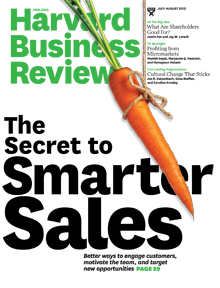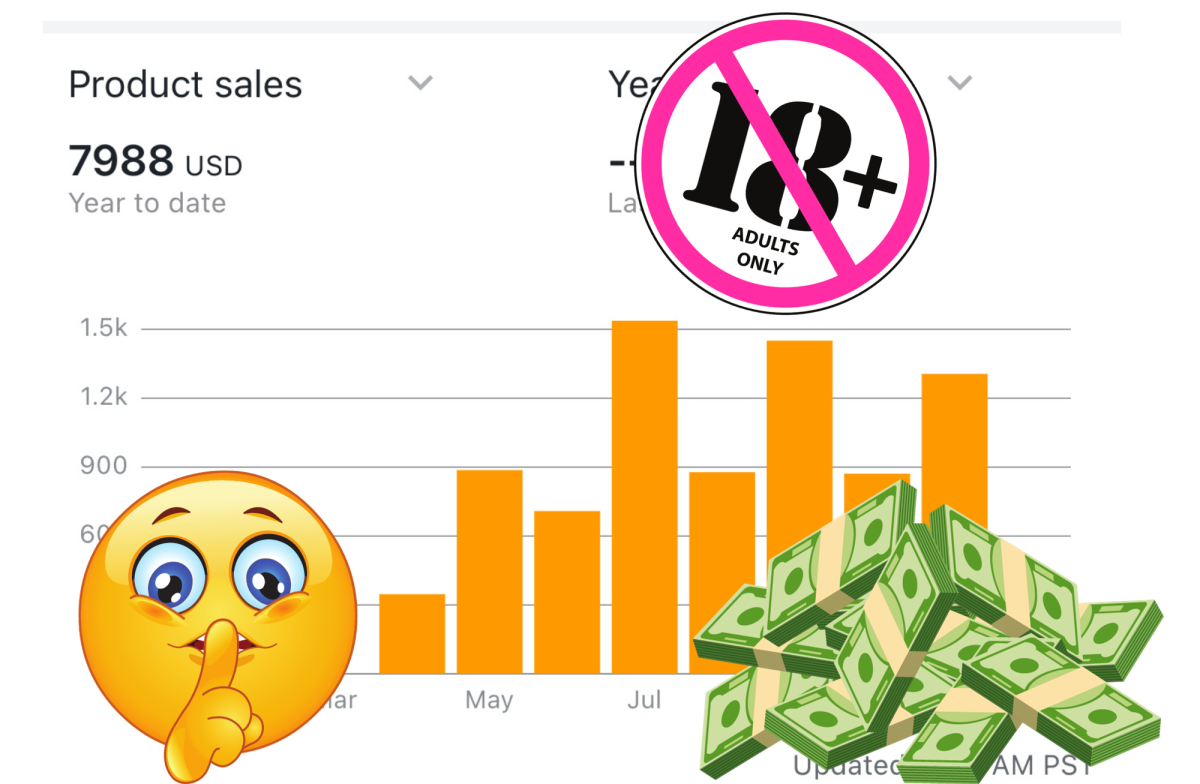Harvard Business Review on Sales

In the latest edition of HBR the topic of sales is covered in great detail. It shows that sales has come of age when a prestigious journal starts to take sales seriously and is encouraging academic institutions to develop courses so that the future sales leaders can be trained professionally, rather than just on the job.
I cut my teeth in sales in the late 80s, early 90s and had to learn to sell through trial and error. While I became a good salesperson this didn’t necessary equip me for management. I had to learn this skill as well.
But being a good manager and a good salesperson doesn’t necessarily mean that people can develop into the Top leadership team within an organisation. Why? Because sales is usually a transactional business, sales managers focus on the current month or quarter with an aim to getting this year’s target. Strategy rarely exceeds 1-2 years as the focus is on getting goals that convert into bonuses for the next year. In terms of Requisite Organisation sales managers are at the best Level 2 within an organisation with most work at the 1-3 month transactional level with a view to 12-18 months maximum.
So, sales managers that want to move up into General Management need to undergo a MBA or a similar experience in order to progress. This is what I did and would encourage other sales managers to consider the same.
It is refreshing to see HBR reviewing sales and cover the above topic and more in the most recent edition. Here is a summary of a couple of the more interesting articles.
Sales Commission
This article covers the change in the remuneration of sales people. The old adage is that you pay enough to the sales person to keep them hungry to make sales. Usually the ratio is 60% of salary paid as base and 40% at risk. This has worked in the past, but is changing now.
In my business most of the staff earn a salary upwards of 90% of their base with a small percentage at risk. Why? This helps me to:
- Attract the right people who can afford to work for me
- Give them enough to be comfortable and enough at risk to make them hungry. It also sets me apart, staff don’t want to leave as I pay them well
- Using performance management and KPIs to drive performance rather than salary as the kicker
So, overall I get a better sales result – 7 years in a row of getting target proves the point, usually with double digit growth year on year.
What does HBR say? Pay your sales people with 90%+ of their base and the rest at risk to drive performance and it also will deliver a better sales result.
Teaching Sales
I found this article really interesting. It says that business colleges and universities don’t have a sales specific undergraduate degree, MBA or PhD program...and they should. Similar to me I had to learn sales from short courses and on the job and in a similar way to cut my teeth in management. My MBA then has helped me to be prepared for a General Manager role. The reasons for investing in a sales program is to help salespeople who today work in this type of role:
“A great salesperson today can assess multiple customer needs and motivations, analyse and forecast market trends, use sophisticated automation tools and develop value-driven solutions in partnership with clients. Critical thinking, analytical skills and the ability to negotiate have become more important than an outgoing personality.”
So, what HBR is recommending is that universities take some elements of the existing sales programs that “...integrate personal selling coaching, video training laboratories and selling competitions.” While also getting sales executives into the classroom to show kids that a casual ‘retail’ job is not what selling is really about, but that it can be a rewarding career decision.
It will also help to fast track sales managers to the Executive suite where the customer can be truly represented by individuals who deeply understand their customer needs.
Sales Success Stories
Six sales professionals were profiled about what makes them successful. Each had some key point to share with readers, but my favourite is Jim Koch, the founder of the Boston Beer Company (Samuel Adams).
Koch says that the essence of selling is finding out how what you are selling will help your customers to accomplish their objectives, not yours, combined with the ability to connect personally. He learned this skills trying to establish his brewery and knocking on doors around Boston to get his product on the taps.
James Farley from Ford is also profiled. He sees salespeople as a cross between problem solvers and concierges, helping the customer to understand what is important to them and pointing them in the right direction. The other important aspect is that he is in charge of both marketing & sales...he must make everything work together to achieve his outcomes.
Suresh Goklaney from Eureka Forbes says that regardless of what you are selling the key is to listen to your customer, understand their needs and tailor the presentation to them. Nothing new here, but a timely reminder in this austere times...serve the customer.
Cheers Michael








